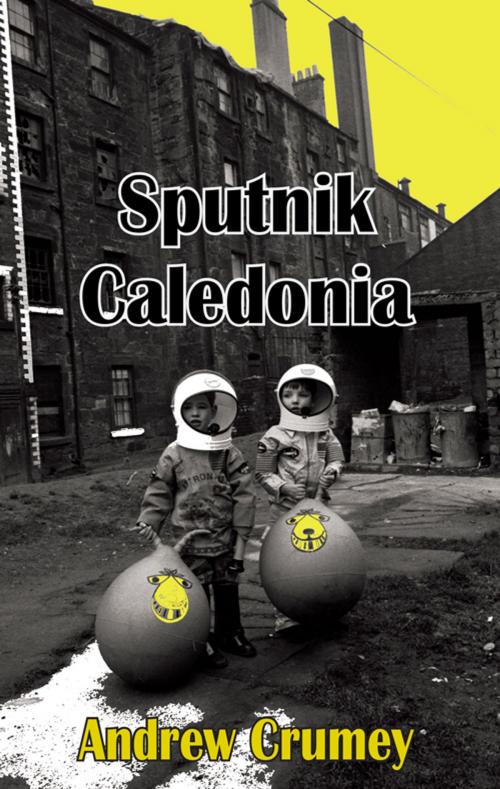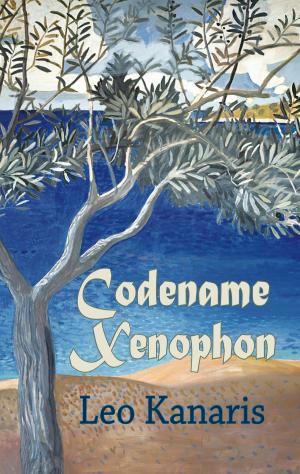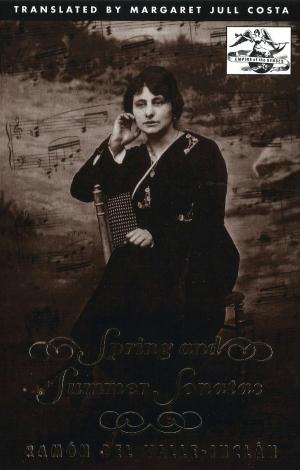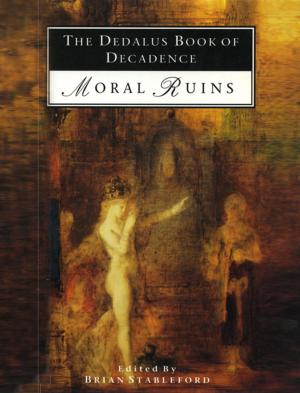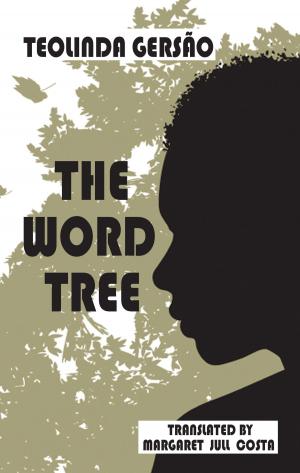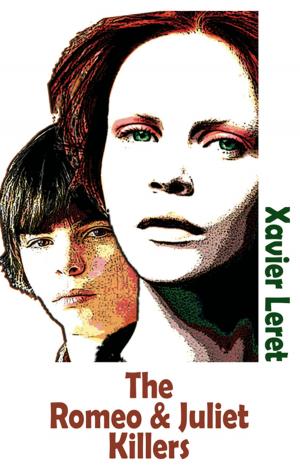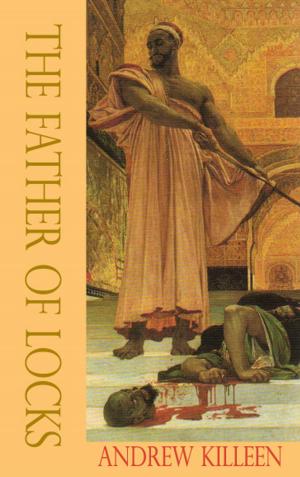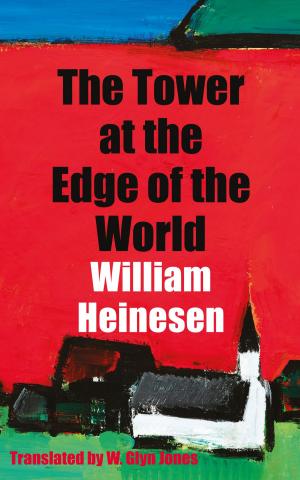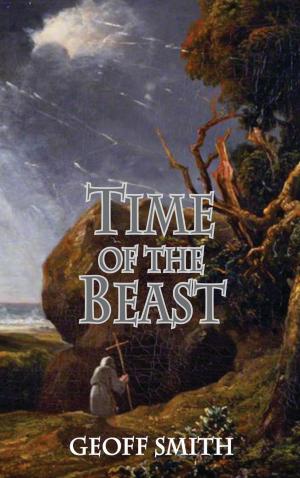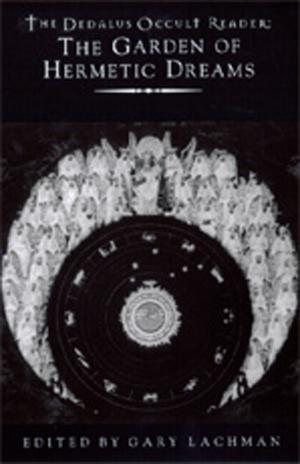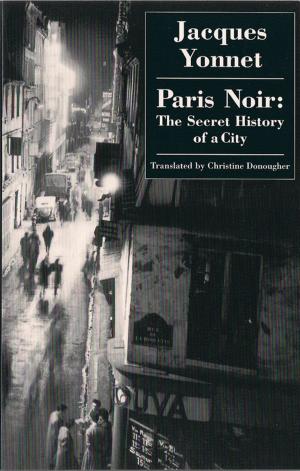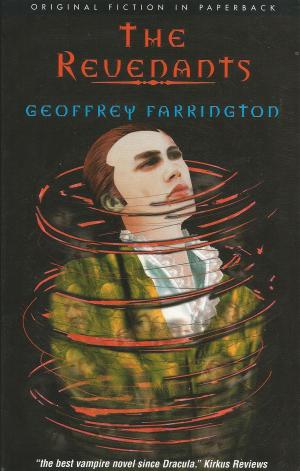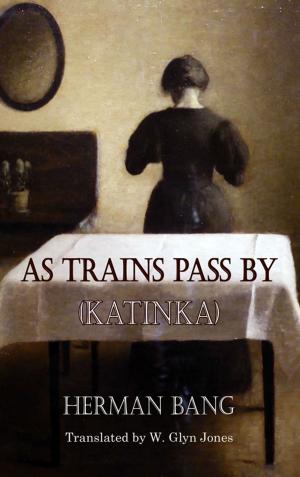| Author: | Andrew Crumey | ISBN: | 9781910213339 |
| Publisher: | Dedalus Ebooks | Publication: | November 28, 2016 |
| Imprint: | Dedalus Ebooks | Language: | English |
| Author: | Andrew Crumey |
| ISBN: | 9781910213339 |
| Publisher: | Dedalus Ebooks |
| Publication: | November 28, 2016 |
| Imprint: | Dedalus Ebooks |
| Language: | English |
Sputnik Caledonia was awarded the prestigious Northern Rock Foundation Writer's Award and was shortlisted for The James Tait Black Prize and The Scottish Book of the Year Award. Robbie Coyle is an imaginative kid. He wants so badly to become Scotland's first cosmonaut that he tries to teach himself Russian and trains for space exploration in the cupboard under the sink. But the places to which his fantasies later take him are far from the safety of his suburban childhood. In a communist state, in a closed bleak town, the mysterious Red Star heralds his discovery of cruelty, love, and the possibility that the most passionate of dreams may only be a chimera... "An ingenious blend of philosophy, physics and fantasy...immensely stimulating and entertaining." -- Sunday Telegraph "Crumey writes brilliantly about being a boy...A brio of a book." -- Diana Hendry, The Spectator "...a surprisingly moving novel about impersonal forces that can threaten the bonds of love. Never has astrophysics seemed so touching and funny." -- Sinclair McKay, The Daily Telegraph
Sputnik Caledonia was awarded the prestigious Northern Rock Foundation Writer's Award and was shortlisted for The James Tait Black Prize and The Scottish Book of the Year Award. Robbie Coyle is an imaginative kid. He wants so badly to become Scotland's first cosmonaut that he tries to teach himself Russian and trains for space exploration in the cupboard under the sink. But the places to which his fantasies later take him are far from the safety of his suburban childhood. In a communist state, in a closed bleak town, the mysterious Red Star heralds his discovery of cruelty, love, and the possibility that the most passionate of dreams may only be a chimera... "An ingenious blend of philosophy, physics and fantasy...immensely stimulating and entertaining." -- Sunday Telegraph "Crumey writes brilliantly about being a boy...A brio of a book." -- Diana Hendry, The Spectator "...a surprisingly moving novel about impersonal forces that can threaten the bonds of love. Never has astrophysics seemed so touching and funny." -- Sinclair McKay, The Daily Telegraph
